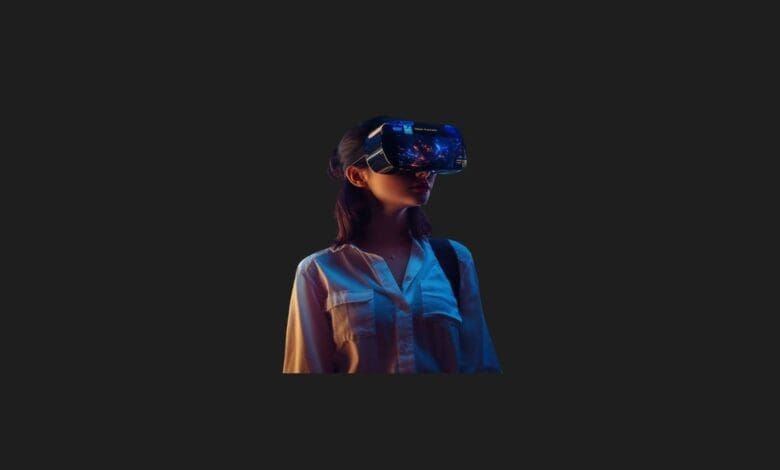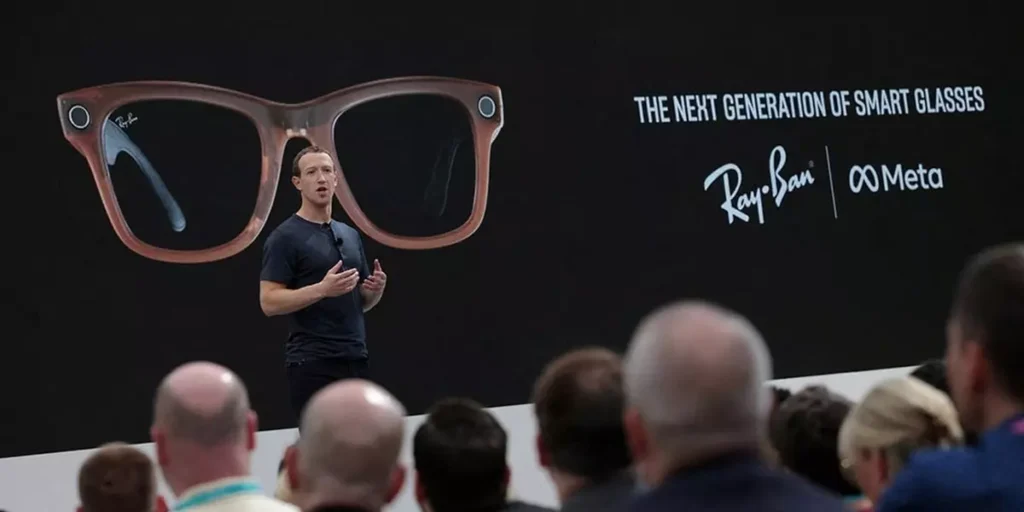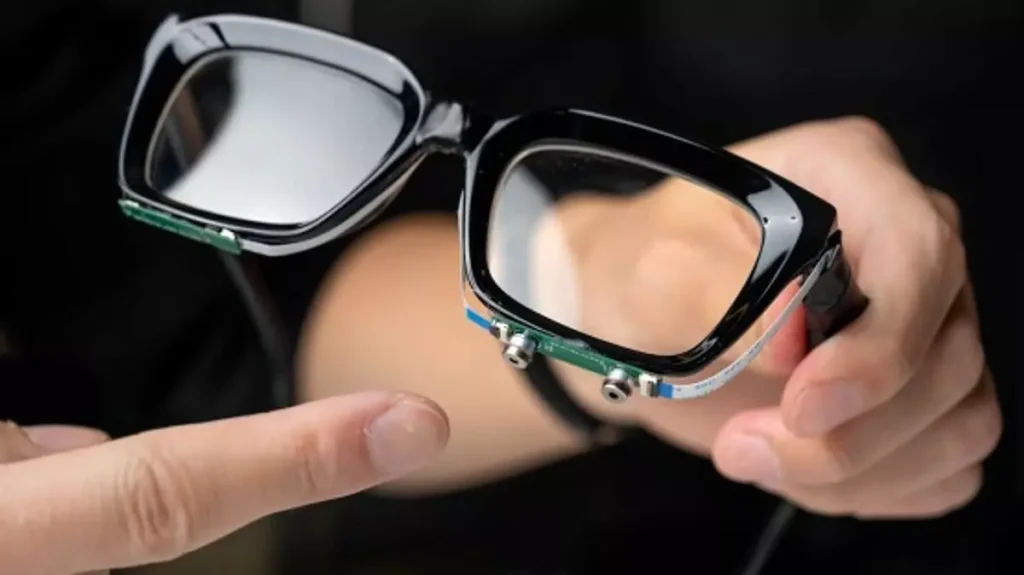How Will Artificial Intelligence Equipped Glasses Affect Social Life?

Last week, my friend’s question puzzled me a lot: “Would you feel comfortable if you had a person sitting in front of you with AI-equipped glasses?”
As you know, Mark Zuckerberg, the owner of Facebook and Instagram, has made an agreement with Ray-Ban, one of the world’s leading eyewear brands, and introduced AI-equipped smart glasses. I think they will be released in 10 days. Previously, Apple introduced Vision Pro in this regard. Models such as Google Glass Enterprise Edition 2, Oakley Radar Pace, and Fossil Gen 6 Smartwatch are currently on the market.
A person wearing these glasses could instantly visualize everything about you and see information about everything on the glasses’ screen. Doesn’t that make you feel like you’re sitting in front of a psychologist or a fortune teller?
It was science fiction, it came true

Remember where we saw these smart glasses for the first time! As someone who is immersed in cinema, I’m familiar with their presence in science fiction movies.
- Mission: Impossible – Ghost Protocol (2011): Ethan Hunt and his team use smart glasses to hack the Kremlin.
- Kingsman: The Secret Service (2014): Eggsy Unwin tracks down an assassin using smart glasses given to him by a Kingsman agent.
- Spectre (2015): James Bond uses smart glasses to solve the mystery of Spectre.
- Black Panther (2018): The Wakandans prevent an attack using smart glasses designed by Shuri.
- No Time to Die (2021): James Bond uses smart glasses to thwart Safin’s plans.
But life has different expectations from a movie, and the most important thing is goodwill. This requires transparency and equality. AI-equipped glasses disrupt the balance in social communication.
It’s 2023, and unfortunately, artificial intelligence (AI) has become increasingly involved in every aspect of our lives. This development has also led to the emergence of new technologies such as smart glasses. Glasses equipped with AI make users’ lives easier by offering various information and services.
However, the social implications of this technology are also a matter of curiosity. It is thought that AI-equipped glasses can change the way people socialize, communicate, and even perceive each other.
It can disrupt social cohesion
Glasses equipped with artificial intelligence can provide their users with large amounts of information and data in real-time. This information and data contribute to the spectacle wearer being more knowledgeable and confident in the conversation. But what about the other person?
If the person chatting feels less knowledgeable and more vulnerable, it can lead to an imbalance in the conversation. The wearer of the glasses will have more control and dominance in the conversation. This can make the other person feel left out and alone.
I don’t even want to think about a driver wearing AI glasses navigating Istanbul traffic!
Can carry risk of privacy breach
Glasses equipped with artificial intelligence constantly monitor their wearers’ surroundings, which may result in an invasion of privacy.
The glasses can record users’ speech, facial expressions, and even emotions. What happens if this data is used by malicious actors? Violations of the Personal Data Protection Law (KVKK) could also come into play here.
It can create new opportunities

I mentioned earlier that AI-equipped glasses could change the way people socialize and communicate. For example, they might help people connect with individuals from different cultures. However, the context and manner of their use are crucial.
Additionally, these glasses could assist people with disabilities in socializing and managing daily activities more easily.
The Technology of the Future
AI-equipped glasses are still a relatively new technology, but they are developing and spreading rapidly.
In the future, these glasses are expected to feature even more advanced capabilities and see wider adoption. This technology could significantly enhance people’s lives by making them more efficient and accessible.
Advanced Features of AI-Equipped Glasses:
- Augmented Reality (AR) and Virtual Reality (VR): These features allow users to overlay virtual images onto the real world or recreate real-world environments in a virtual setting.
- Brain-Computer Interface (BCI): These features enable users to interact with their surroundings more naturally through the glasses.
- Privacy Features: These features help protect users’ identities and shield the activities they engage in through the glasses.
What Awaits Us in the Future?
The future of AI-equipped glasses looks promising. This technology has the potential to make life easier and more efficient in several ways:
- Education: They could provide real-time information and feedback to students, enhancing the educational process.
- Healthcare: They might help doctors with better diagnostics and treatment.
- Workplace: They could boost employee productivity and improve collaboration.
AI-equipped glasses are poised to be one of the technologies that will shape the future. However, this technology needs to be developed and used thoughtfully to truly benefit society.
I’m curious about the potential regulations for AI smart glasses in exams, job interviews, or poker games, but I certainly wouldn’t want someone wearing such glasses sitting at the same table as me.
We’ll likely discover more about the impact of AI glasses through upcoming science fiction movies.











